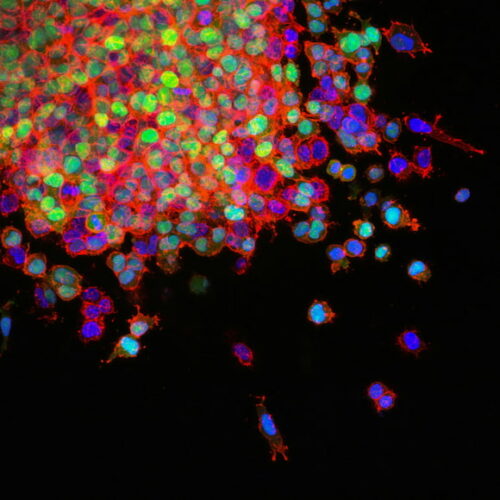
Noncommunicable Diseases Climate Change
A systematic review and meta-analysis of the impact of environmental heat exposure on cardiovascular diseases, chronic respiratory diseases and diabetes mellitus in low- & middle-income countries. Environmental Research.
• Research & Reports


